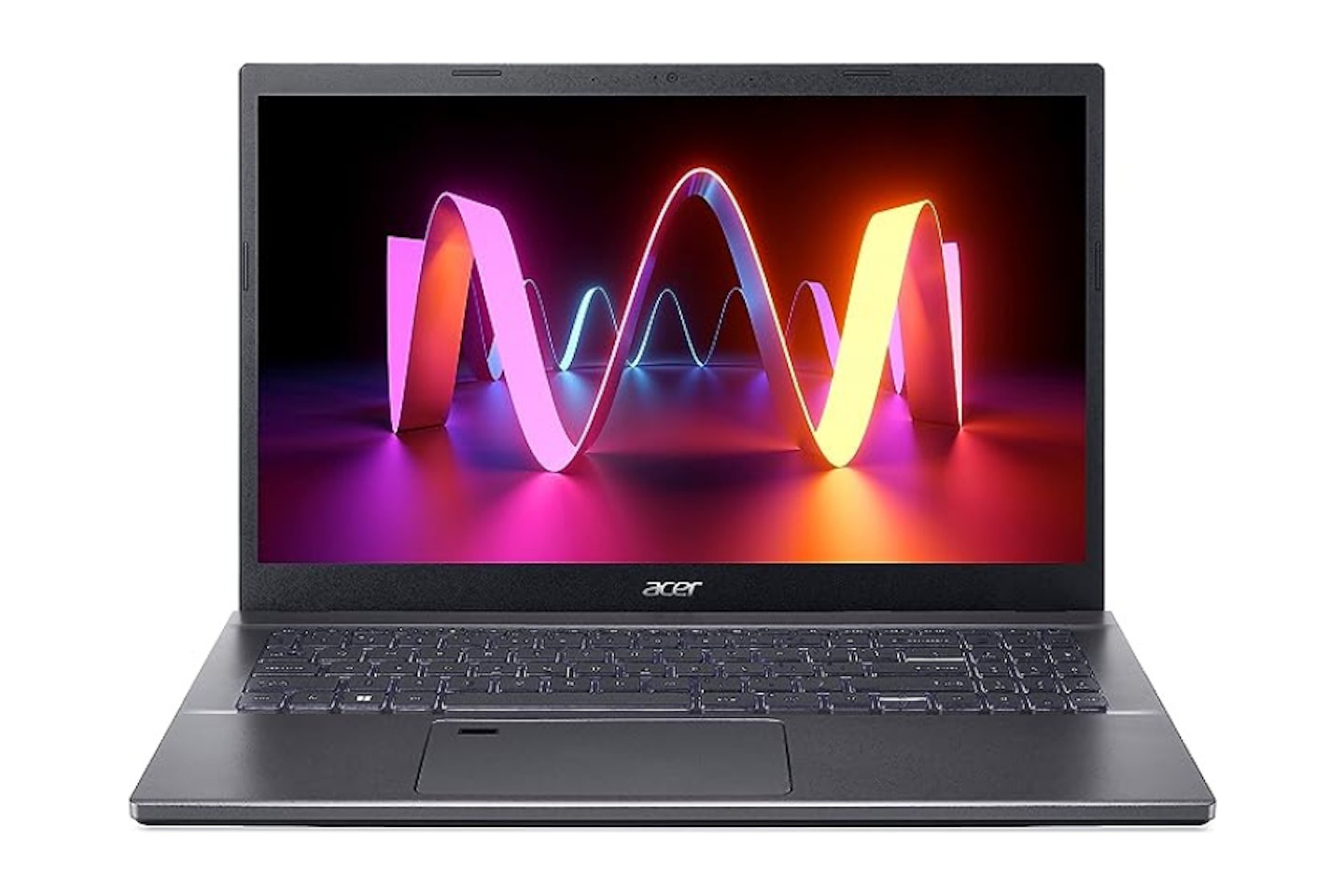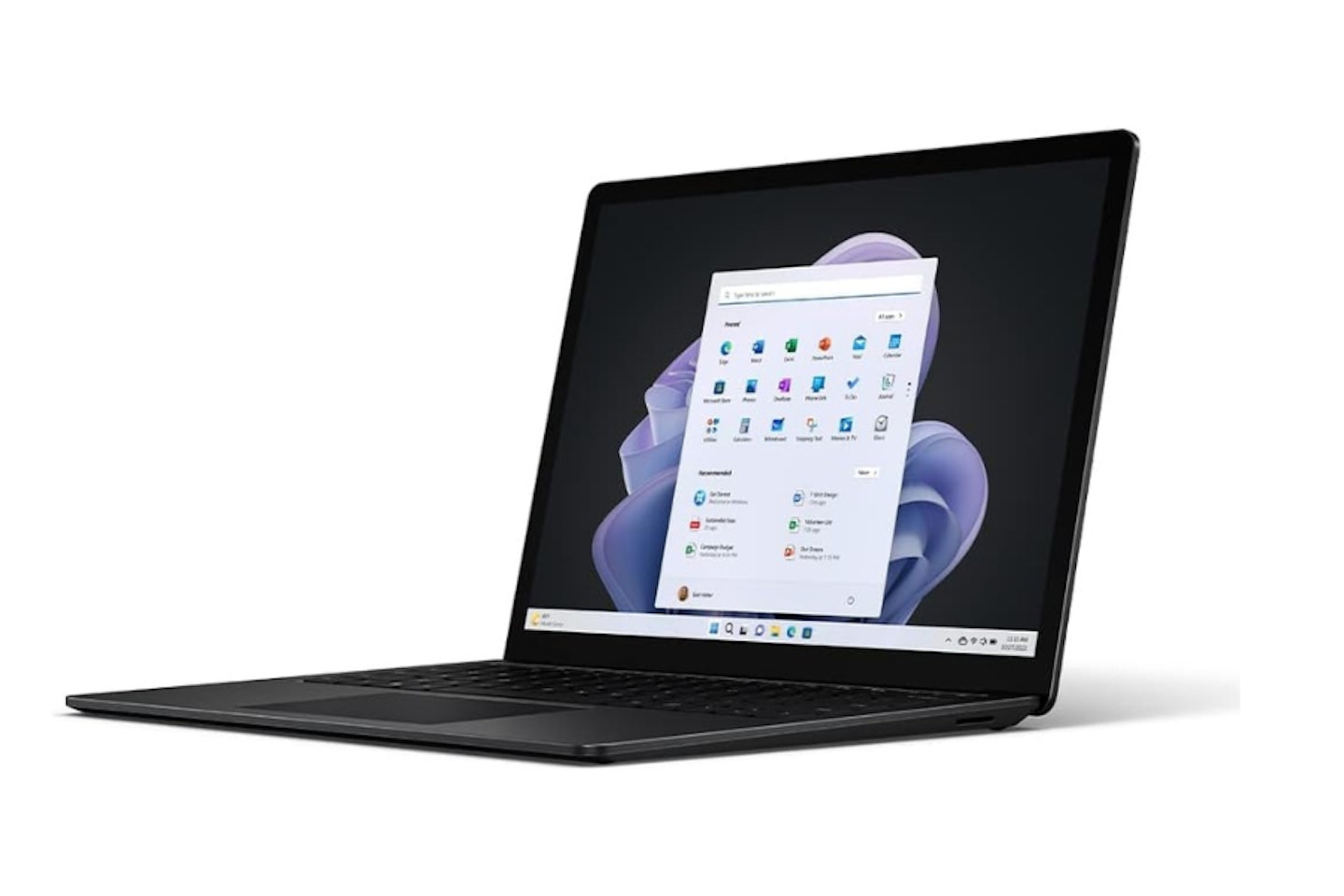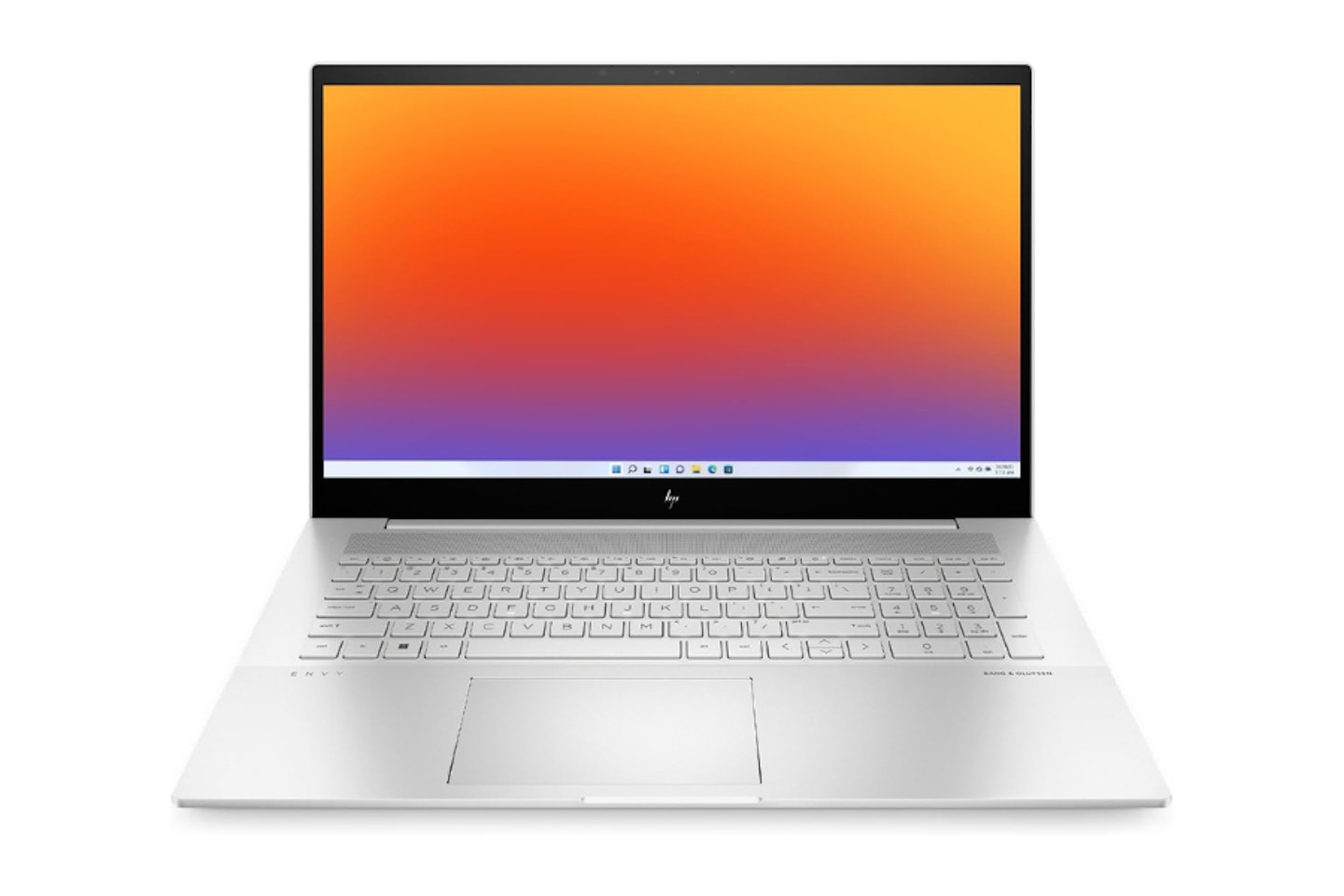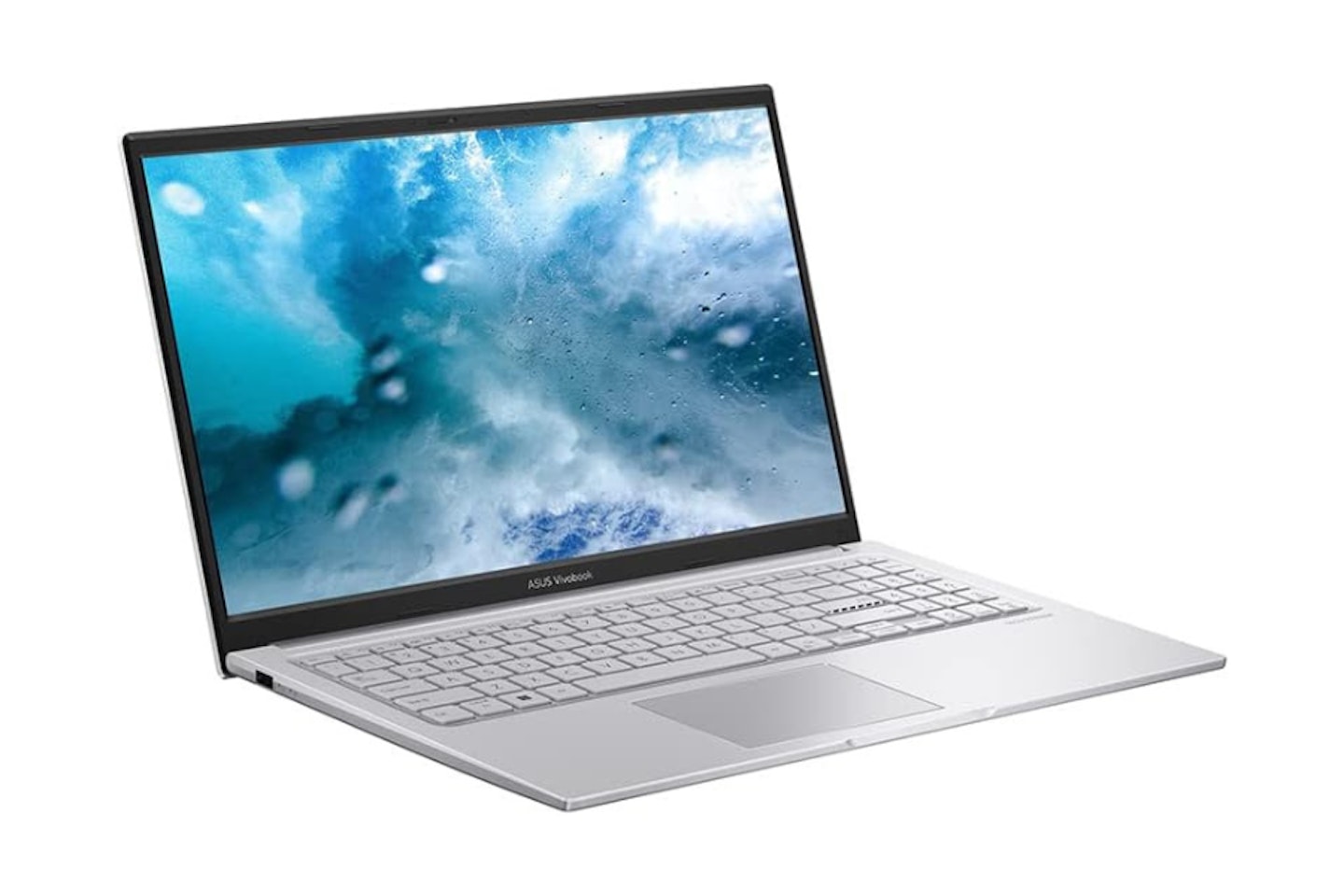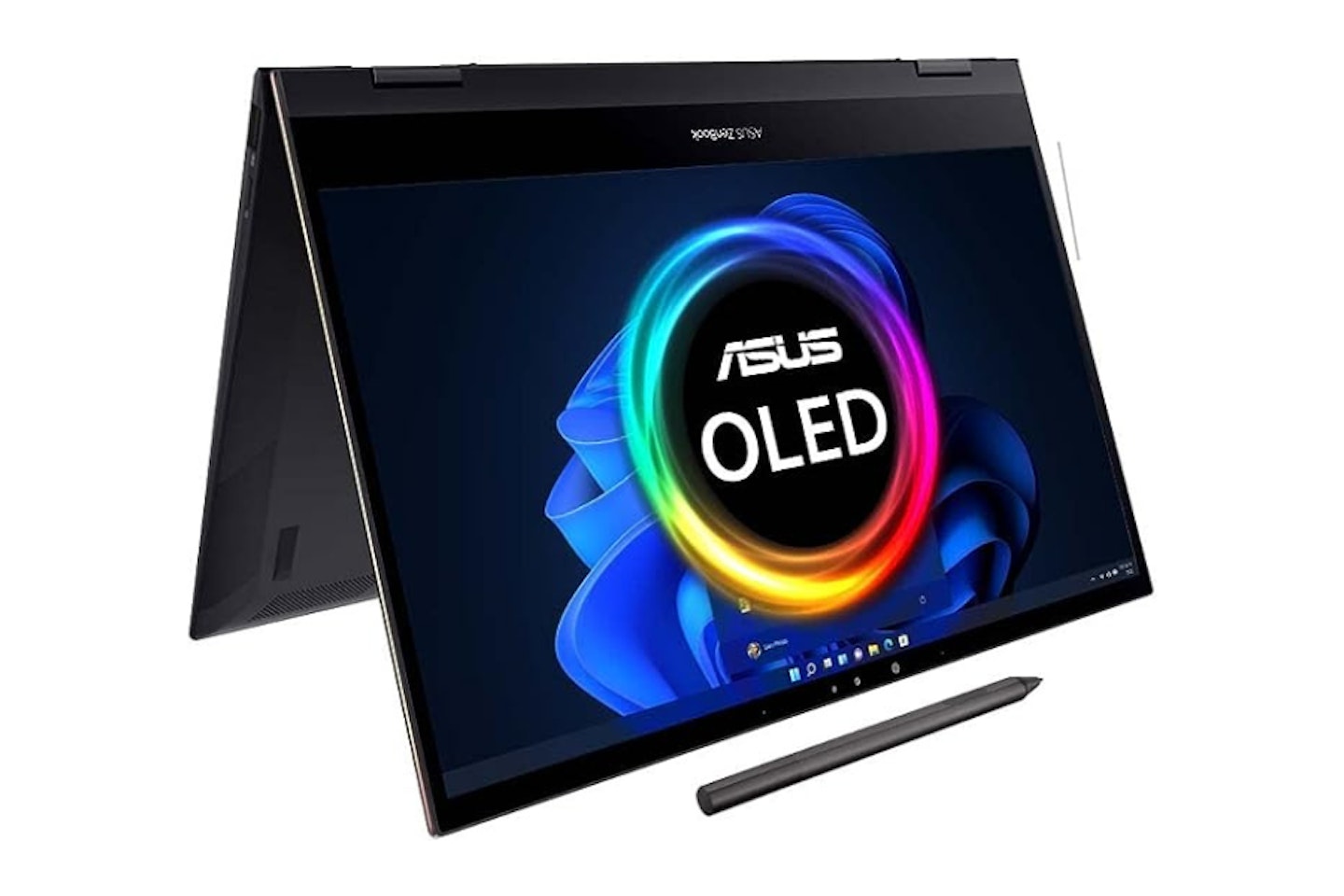Finding the best laptops for programming is nothing if not a challenge - deciding on size, hardware, and battery life, among a thousand other decisions can be time-consuming.
Programming laptops, however, are not so different from what you'd expect from any punchy laptop on the market - there's high RAM, great storage, and a spectacular CPU, but that's far from everything you'll need.
Jumping between programs, copying and pasting huge chunks of code, scouring for those minute mistakes that have somehow caused catastrophic errors - programmers need a big, bold screen that's gentle on the eyes to really get started.
The best laptops for programming at a glance:
• Best laptop for programming: Acer Aspire 5 A515-57 15.6 Inch Laptop - View at Amazon
• Best budget laptop for programming: ASUS Vivobook S 15 K3502ZA 15.6" Laptop - View at Currys
• Best small laptop for programming: Microsoft Surface Laptop 5 Laptop - View at Amazon
• Best 17-inch laptop for programming: HP Envy Laptop PC 17-cr0001sa - View at Amazon
Ranging from ultra-powerful 17-inch laptops to affordable, yet mighty budget laptops - these laptops will shoulder the burden of performance-heavy programs with ease.
Best laptop for programming
Acer's mighty metal laptop, the Aspire 5 A515-57 15.6-inch laptop bursts with terrific specs, gorgeous design delights and excellent value to discover.
Comfortable to use, and durable enough to withstand the knocks and scrapes when to-and-froing from the office or school, this sturdy laptop feels wonderful to use and remains cool even after hours of use.
Where hardware is concerned, the Acer Aspire 5 A515-57 laptop certainly isn't short on power. Programmers, never concern yourself with a lack of RAM or a weak CPU again; the Acer Aspire 5 A515-57 has both 16GB of RAM and a 12th generation i5 CPU.
Coders and programmers alike, this comfortable, bold and great-quality laptop is the answer to your cries for better hardware at a reasonable price. Whether you're in need of a laptop for studying, or just a reliable laptop for your day-to-day, the Acer Aspire 5 A515-57 is a wonderful laptop.
Pros
- Great design
- Solid hardware
- Reliable battery life
Cons
- Some complaints about sound quality
Best budget laptop for programming

www.currys.co.uk
For a deal too tempting to resist, the ASUS Vivobook S 15 is a simply phenomenal laptop for its price. Equipped with not only a gorgeous, ultra-thin metal chassis, 512GB of SSD storage, 16GB of RAM and an OLED screen, it's also got a 12th generation i5 processor onboard, all for less than £500.
The ASUS Vivobook S 15 is about as close to flawless as you can imagine for its price. This laptop under £500 is perfect for programmers who are eager to delve into large-scale demanding projects that require plenty of punch from hardware but don't have the funds for a pricey PC desktop.
Pros
- Stunningly thin design
- Excellent hardware
- A gorgeous OLED screen
- Solid battery life
Cons
- Fairly standard keyboard
Best small laptop for programming
When elegance, comfort and performance power collide - Microsoft's distinguished Surface Laptop 5 is pure refinement in a conveniently small 13.5-inch design.
The ultimate companion to programmers on the go, the Surface 5 slips conveniently into all manner of backpacks and rucksacks without ever becoming a noticeable burden. This perfect laptop for students is incredibly ideal for trips to libraries, cafes and for working whilst commuting, especially thanks to its astonishing 18-hour battery life.
As for hardware, the Microsoft Surface 5 has boundless performance capabilities that'll make short work of even the most intensive of coding sessions. We particularly love the Surface 5's Intel 12th generation i7 processor, which makes short work of coding software, even within your largest, most demanding programs.
As for the Microsoft Surface 5's overall screen size, the display is admittedly small at 13.5 inches, and a normal HDMI simply won't do - you'll need a Thunderbolt 4 cable. But it's not all bad news, the screen itself is simply gorgeous thanks to its quad-HD resolution and touchscreen capabilities.
Pros
- Absolutely mesmerising design
- Ultra-light and portable
- Great hardware and performance
- Excellent battery life
Cons
- Fewer connections than competing laptops
- The smaller screen is less ideal for programmers
Best 17-inch laptop for programming
For power that knows no end, the HP Envy 17-inch laptop offers programmers a spacious screen and extraordinary speed, all in a light and comfortable metal chassis.
Equipped with not only a 12th generation Intel i7 processor, 16GB of RAM and 512GB of SSD storage, the HP Envy also has a bestial NVIDIA 2050 GPU tucked away in its slim design.
HP has charged in, guns blazing with as much processing power as they can put into an unsuspecting office-style laptop. Spacious, with plenty of connectivity and heaps of power - the HP Envy 17 is not only a great programming laptop, it's also one of the best laptops of the year.
Pros
- Great screen size
- Smooth metal design
- Phenomenal hardware
- Comfortable eye-safe display
Cons
- Fairly standard keyboard for price
Best laptop for programming under £500
Magnificently designed and bursting with excellent tech specs, the ASUS Vivobook 15 is one of the best deals on the laptop market this year.
A laptop that'll last you for years to come, the Vivobook 15 comes equipped with military-grade durability, making it perfectly ideal for clumsy programmers afraid of destroying their precious work.
Alongside its excellent build quality, the Vivobook 15 has a spectacular 512GB of SSD storage, 16GB of RAM and a solid i5 CPU, giving you little-to-no performance issues even in the most demanding of coding sessions.
Pros
- Phenomenal laptop deal
- Great CPU
- Military-grade durability
Cons
- Battery life could be stronger
Best touchscreen laptop for programming
For a whopping 1TB storage, touchscreen capabilities, and enough processing power to capably code without a hitch, the ASUS ZenBook Flip S13 is easily one of our favourite laptops right now.
Performance, versatility and comfort, this mesmerising folding laptop is light, without feeling remotely cheap or brittle, and with a 4K OLED screen - rest assured, you'll have one beautiful screen to enjoy in your downtime.
With ample RAM at 16GB, as well as an excellent Intel-i7 processor - this laptop under £1,000 never falls short of amazing us, it's just that good.
Pros
- Excellent touchscreen for comfortable browsing anywhere
- Solid hardware
- Incredibly lightweight
Cons
- Slightly small screen
What hardware is required for programming?
Despite what you might think, programming laptops don't truly need to be very powerful (unless you're working on very large projects where executing your program may need some decent hardware.
For most programmers using C#, Python or Javascript, you'll likely want at least an Intel-i3 core processor and preferably 16GB of RAM (although 8GB is likely going to be fine for small-scale projects).
Programming laptop vs desktop - what's the best?
While many programmers lean towards desktops as their coding machine of choice, it's largely unnecessary to use a rig for such software. Many coding software are small and light, taking minimal processing power to run, and with modern laptops being particularly powerful - they have more than enough hardware heft to handle code.
You've also got the added benefit of a laptop being comfortable practically anywhere, so when you tire of the office, you can always work elsewhere (just grab yourself a great VPN service if you plan on working in public to protect your data).
Mac vs Windows - what's the best for programming?
The hotly debated issue rages onward, even within the programming community - what's better for programming, Mac or PC? The answer, unfortunately, is largely down to user preference.
Macs are fantastic machines, capable of easily running programming software, easy to use, and intuitive, yet Windows PCs are even more versatile, and they're even easier to use for beginners.
Ryan Houghton is a tech writer and reviewer for What's The Best, specialising in PCs and gaming. He is a keen PC gamer and an avid reader.
Subscribe to the What’s The Best Newsletter to keep up to date with more of the latest reviews and recommendations from the rest of the What’s The Best team.

